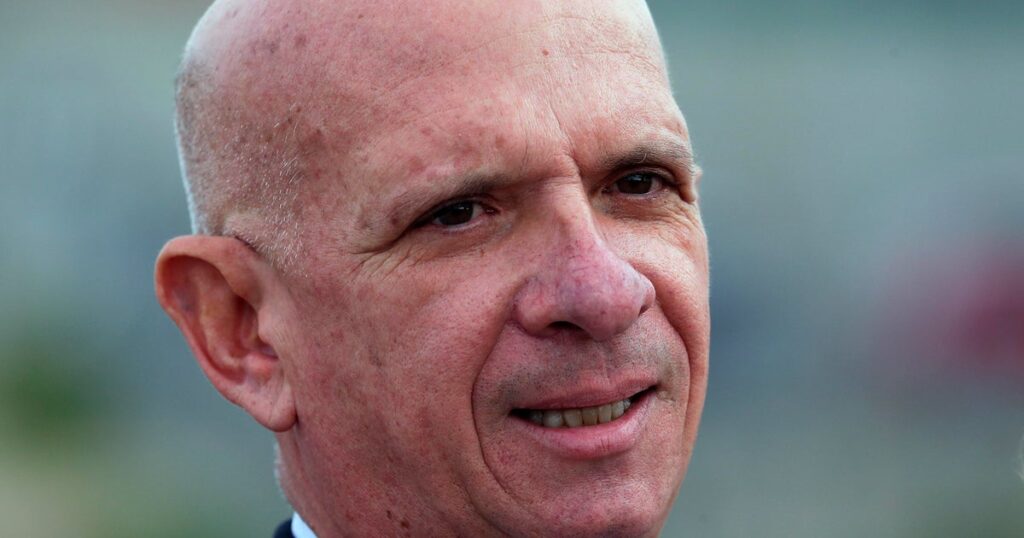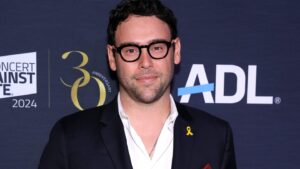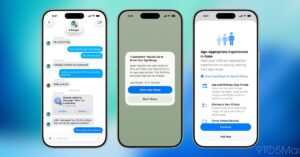
Miami — In a dramatic courtroom turn, former Venezuelan spymaster, retired Maj. Gen. Hugo Carvajal, pleaded guilty Wednesday to drug trafficking and narco-terrorism charges in a Manhattan federal court. This plea comes just a week before his trial was set to commence.
Immediate Impact of Carvajal’s Guilty Plea
Carvajal, known by his nickname “El Pollo,” was extradited from Spain in 2023 after years on the run from U.S. authorities. His extradition followed a failed arrest in Aruba while he served as a diplomat for Venezuelan President Nicolás Maduro.
The charges against Carvajal include leading a cartel of senior Venezuelan military officers in a conspiracy to “flood” the U.S. with cocaine, in collaboration with Colombian guerrillas.
50 years — The mandatory minimum sentence federal guidelines suggest for Carvajal.
Key Details Emerge from Court Proceedings
Prosecutors revealed that Carvajal’s plea did not involve any promises of leniency, suggesting it might be part of a strategy to gain future credit for cooperation with U.S. authorities.
Carvajal’s attorney, Robert Feitel, expressed disappointment that no plea offer was extended, stating that Carvajal possesses critical information beneficial to U.S. national security.
By the Numbers
5,600 kilograms — The amount of cocaine Carvajal allegedly smuggled from Venezuela to Mexico in 2006.
$Millions — The alleged payments Carvajal received from drug traffickers.
Background Context: Carvajal’s Political Shifts
Carvajal served as an advisor to the late President Hugo Chávez for over a decade. He later distanced himself from Chávez’s successor, Maduro, and supported the U.S.-backed opposition led by Juan Guaidó.
In 2021, Carvajal was apprehended in Madrid after evading a Spanish extradition order.
Expert Analysis on the Case
Gary Berntsen, a former CIA officer, highlighted Carvajal’s potential value in providing insights into the operations of the Venezuelan gang Tren de Aragua and espionage activities by Maduro’s allies. Berntsen urged U.S. authorities to debrief Carvajal before proceeding with his trial.
“He’s no angel, he’s a very bad man,” Berntsen remarked. “But we need to defend democracy.”
Forward-Looking Implications
Carvajal’s case could have far-reaching implications for U.S. foreign policy and law enforcement efforts against international drug trafficking networks. His cooperation might reveal critical information about global political dynamics and illicit activities.
The developments in Carvajal’s case underscore the ongoing challenges in combating narco-terrorism and the complexities of international law enforcement collaborations.






